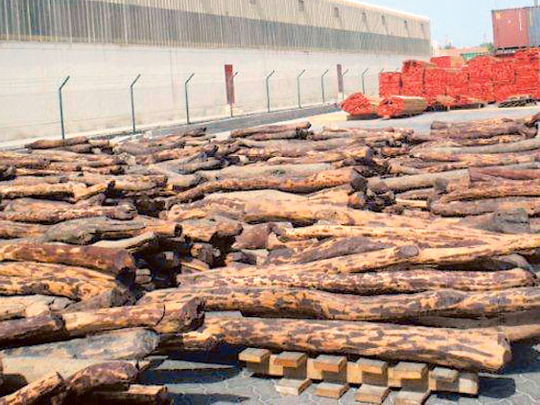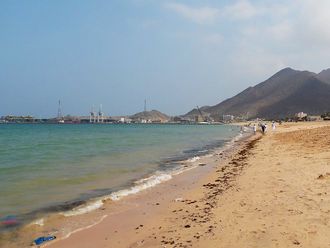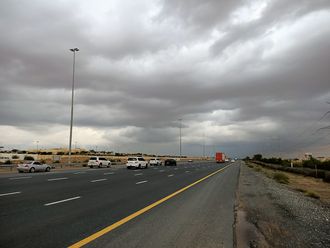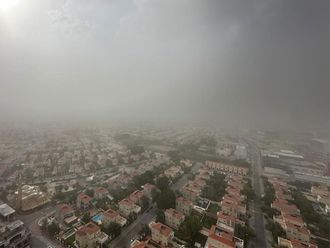
Dubai: Dubai Customs has succeeded in stopping 253 tonnes of red sandalwood, an endangered species prohibited for trade under the Convention on International Trade in Endangered Species (CITES) from being smuggled to Dubai in the past two years.
Jebel Ali Customs Centres Department managed to stop bids to smuggle 253 tonnes of red sandalwoods in 13 successive seizures, from 2011 to May of 2013. Red sandalwood which comes from the Pterocarpus santalinus tree that is native to India is often overexploited for its timber. Due to its slow growth red sandalwood which has become rare and expensive, is now a lucrative business for smugglers.
The timber of the red sandalwood is highly valued in China and is used for furniture. It is also considered sacred in Hinduism and its powder is used in their rituals.
Red sandalwood powder can also be used as to make medicine, facials and soap.
Ahmad Abdullah Bin Lahej, Director of Jebel Ali Customs Centres Department, said: “In Dubai Customs, our commitment to preserve the natural environment and combat trade in endangered animals and plants listed under CITES motivates us to stop attempts to smuggle such commodities. Dubai will continue to be the destination for a safe trade that doesn’t pose any risks to human health, security, economy and the environment.”
CITES is an international agreement between governments. Its aim is to ensure that international trade in specimens of wild animals and plants does not threaten their survival.
Bin Lahej stated that Dubai customs managed to seize the red sandalwood and stop it from being smuggled by extensively training its team to identify and detect such materials, regardless of how they are concealed.
“Inspectors are backed by latest technologies that we rely on in our efforts to combat smuggling, most importantly the high-tech inspection devices, such as the x-ray screening device. Dubai Customs’ Risk Engine, which was developed to determine risky shipments that need to be inspected, also provides us with comprehensive information that allows us to diagnose shipments beforehand”, bin Lahej added.
In addition to substances prohibited under CITES, inspection operations work on stopping attempts to smuggle narcotics, drugs used only under medical supervision, counterfeit, IPR infringing products, dual-use materials and biological & chemical substances prohibited under international conventions.
Bin Lahej added that continuing to stop these smugglers will eventually discourage them from smuggling illegal material as they will become aware of the consequences.












